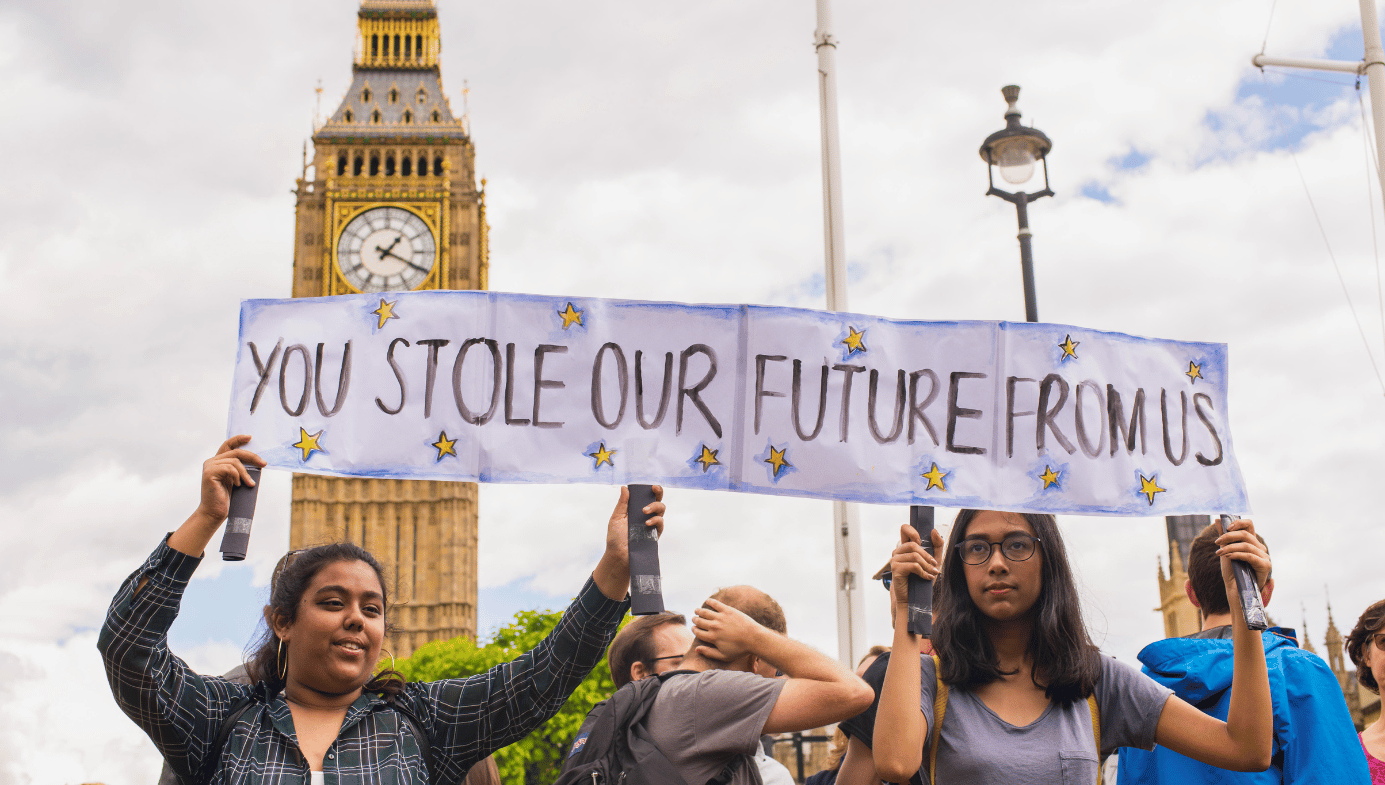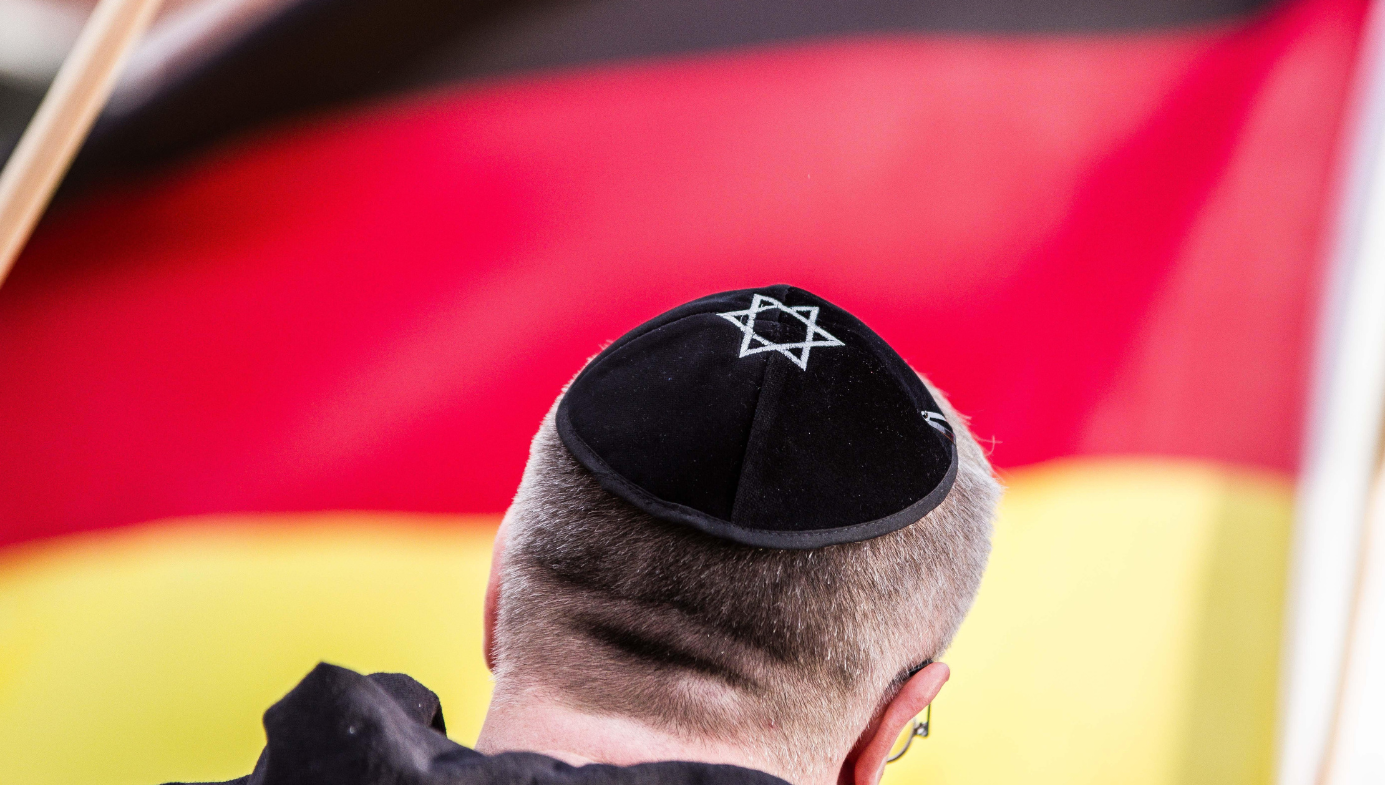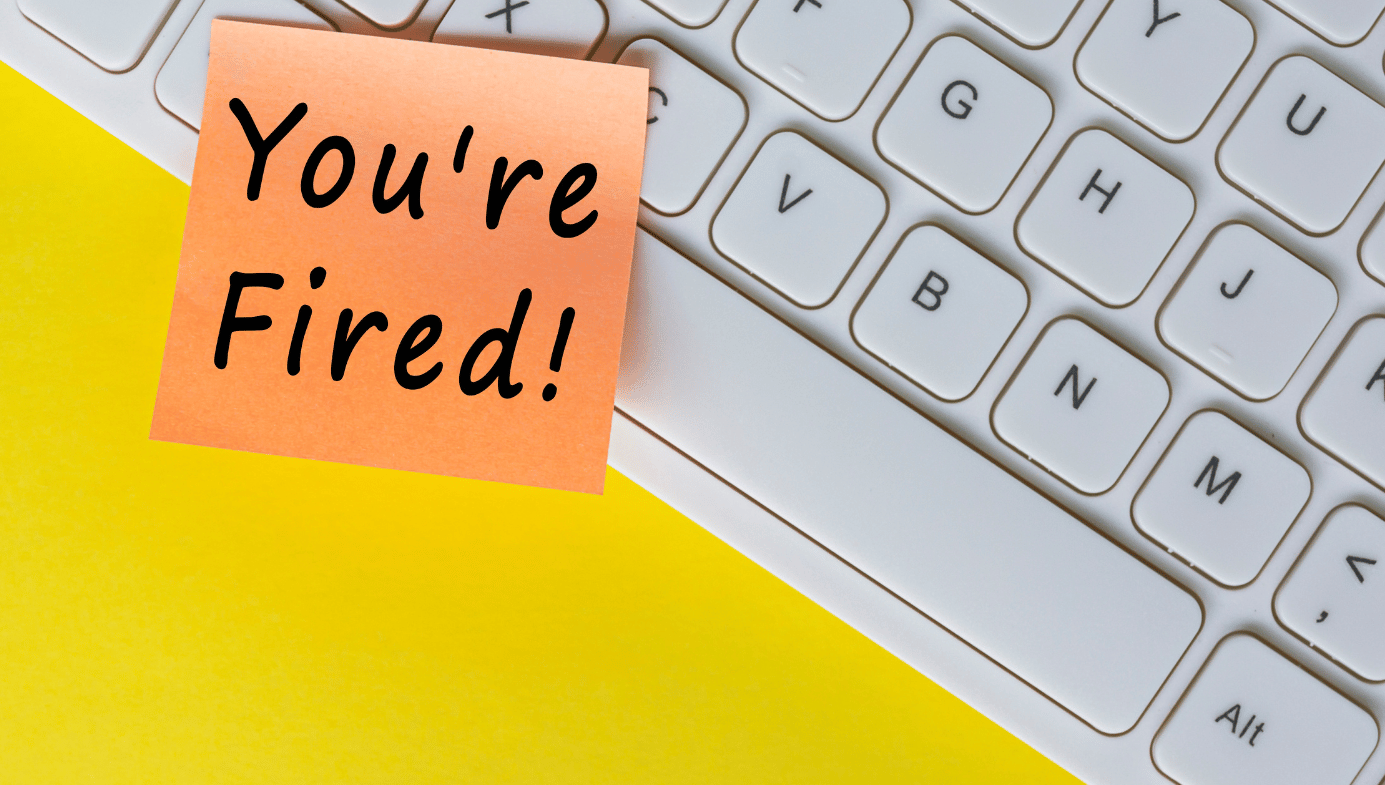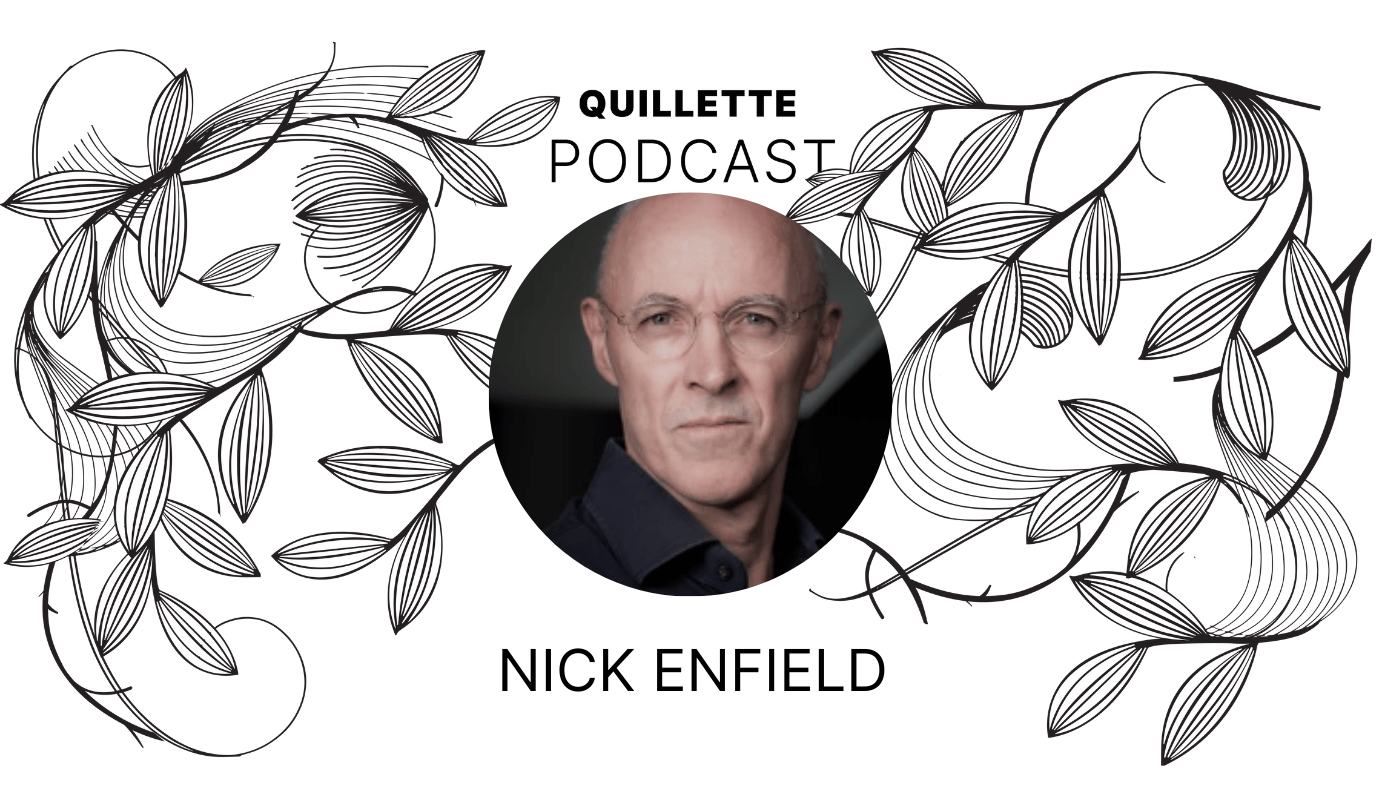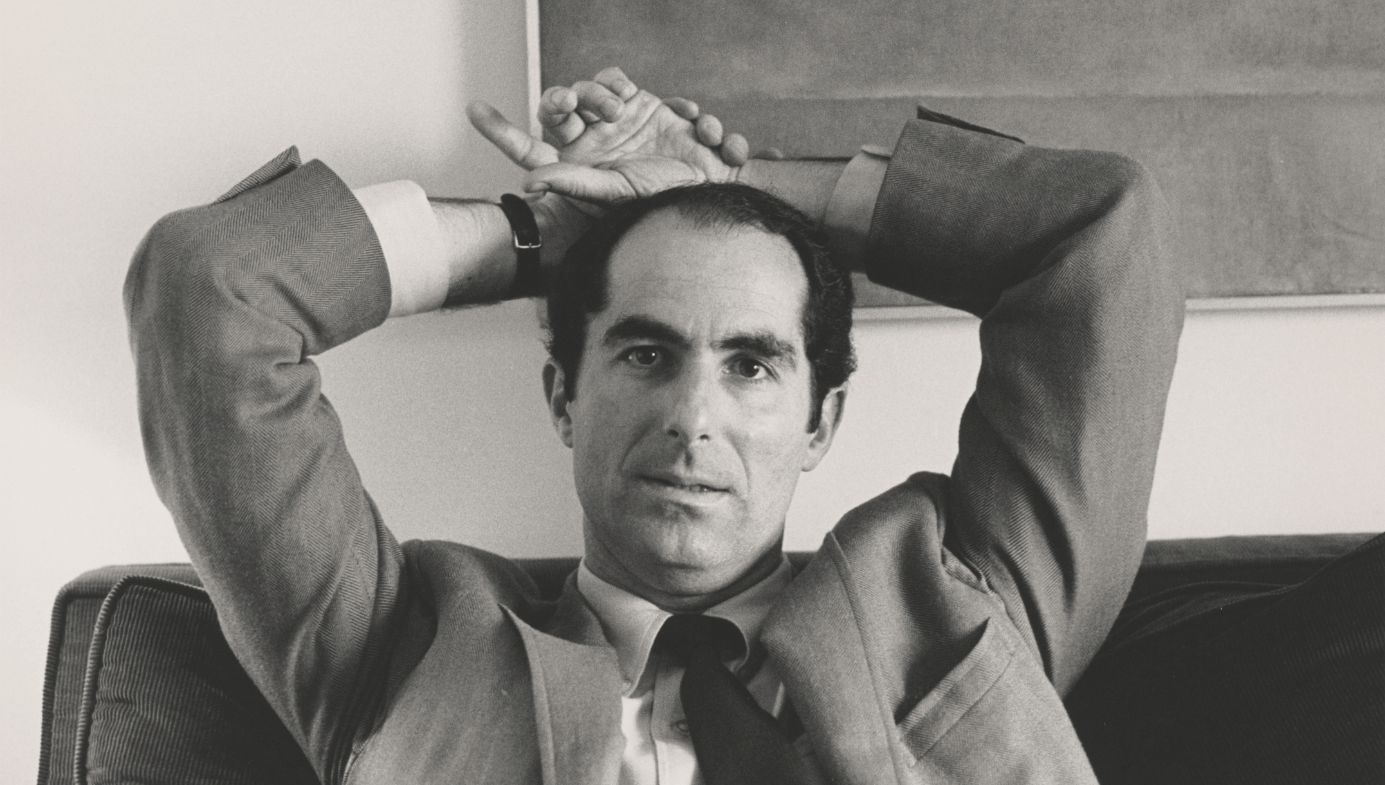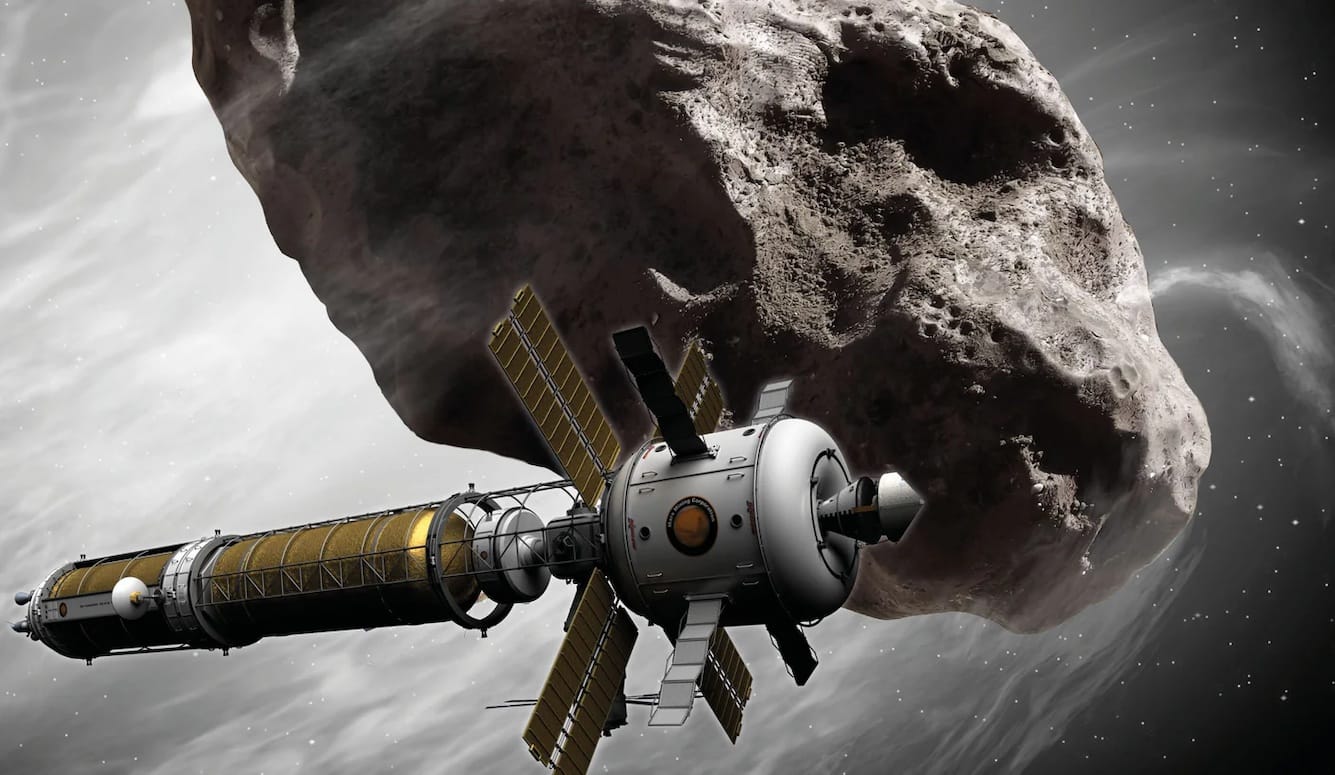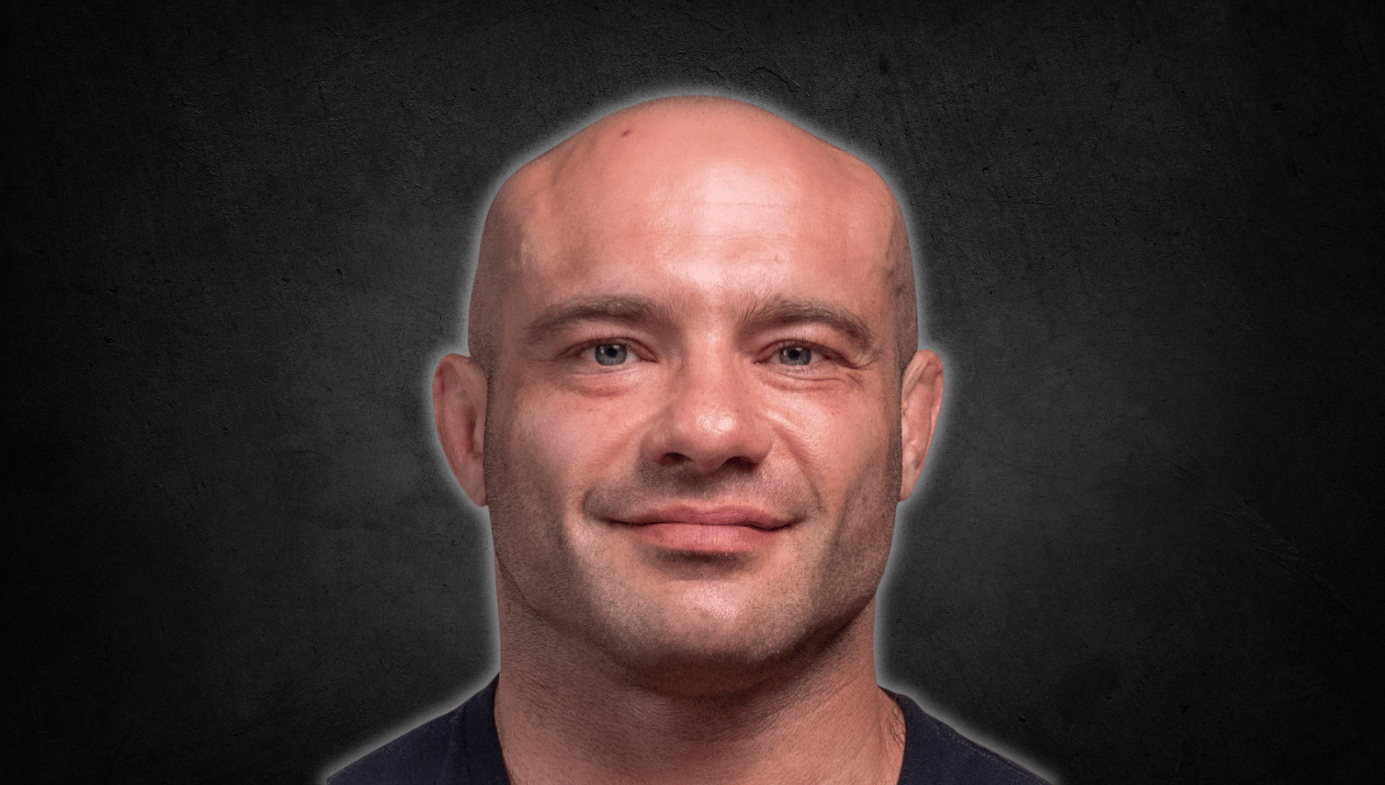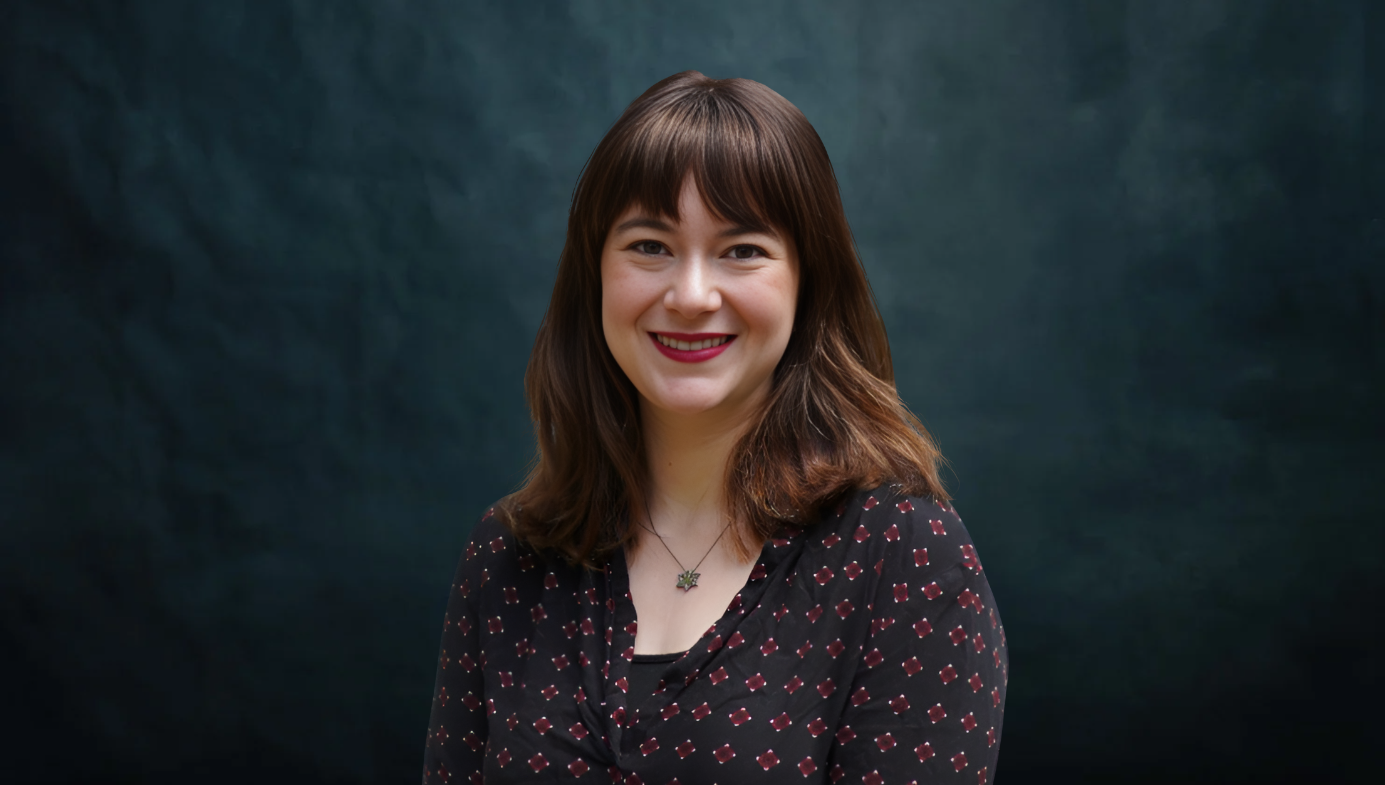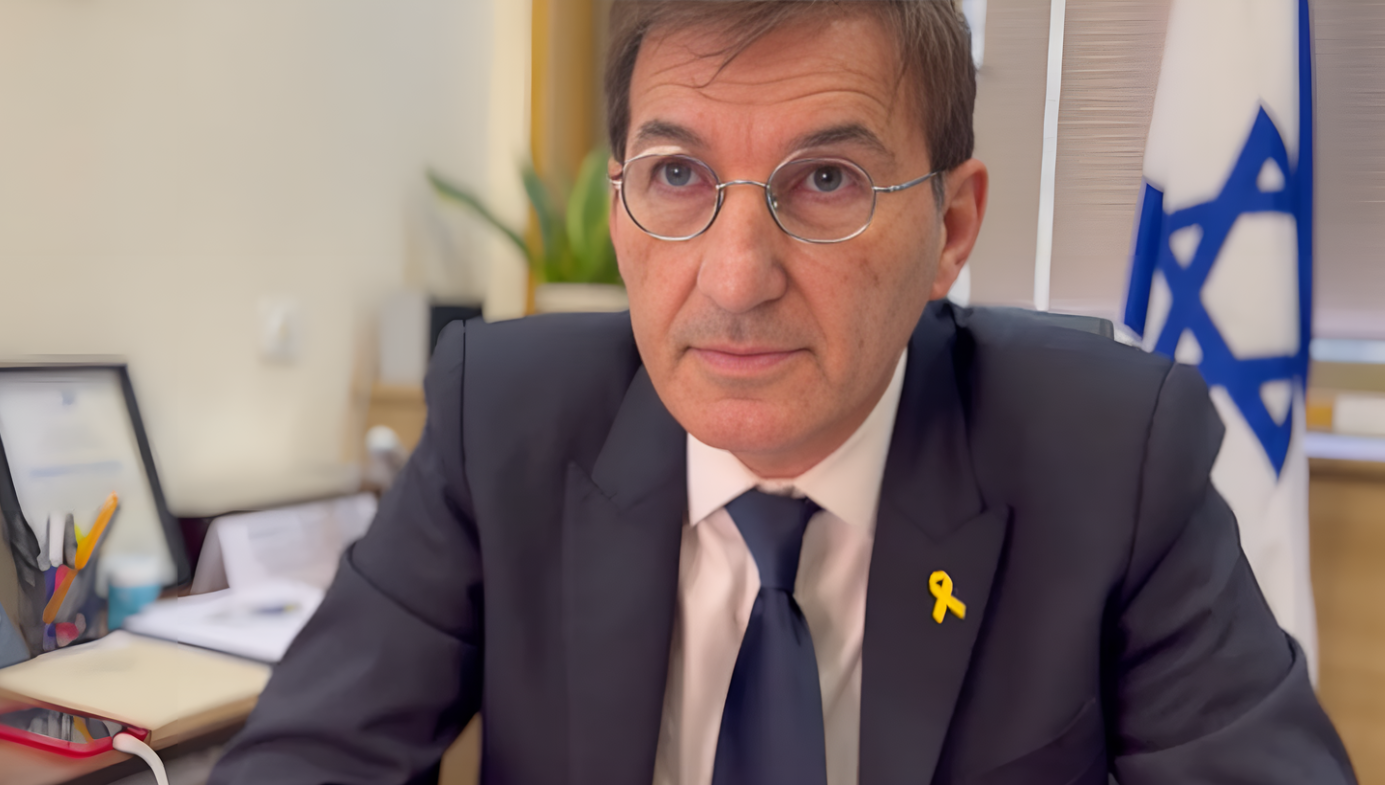Moral Injury and the Battle against COVID-19
Post-Traumatic Stress Disorder (PTSD) has become the public face of such anxiety disorders.
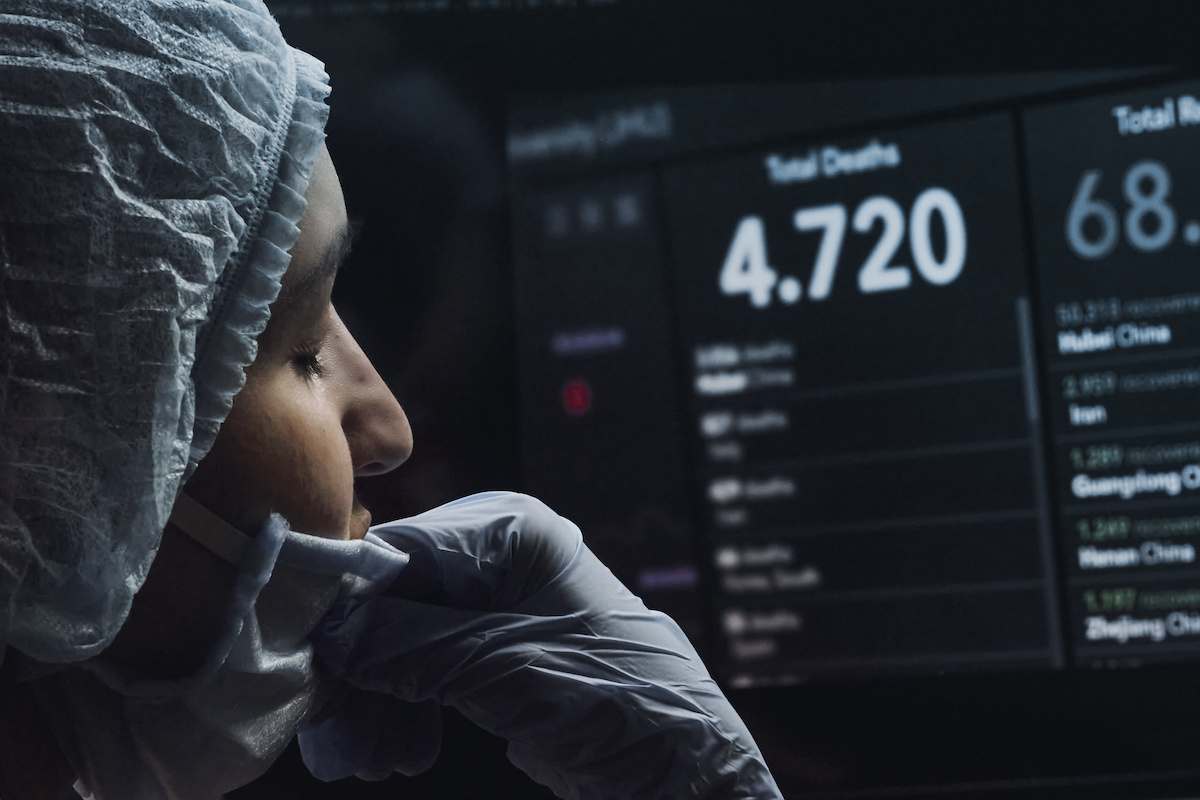
When Odysseus journeyed to the Underworld in search of advice about how to return home safely, he dug a trench into which he poured libations mixed with blood from the throats of a ram and a ewe to summon the dead. As his fallen comrades from the Trojan War began to emerge from the shadows and gather round, Odysseus tried to console mighty Achilles for his death by speaking of the authority he must now hold among the dead. But Achilles replied: “I would rather be alive and toiling as serf to another man, one with no land and nothing much to live on, than be a king over all the perished dead.” These words shatter the illusion that the wounds of heroes ever mend—one of the earliest commentaries on the lingering trauma of war for its combatants.
It is now far better appreciated that veterans return from war with psychological wounds in need of treatment. Post-Traumatic Stress Disorder (PTSD) has become the public face of such anxiety disorders. Far less diagnosed and understood, though, are moral injuries, sometimes described as a “wound to the soul.” These most often occur when a person commits, fails to prevent, or witnesses an act that is anathema to their moral beliefs. This breach of a person’s personal ethical code can inflict lasting behavioral, emotional, and psychological damage, burdening an individual with acute guilt and shame that distorts their self-identity and provokes reflexive distrust of others. Guilt has been identified as the crucial factor that distinguishes a moral injury, even as other symptoms—anxiety and despair, flashbacks, social isolation, and suicidal thoughts—overlap with PTSD.
Adam Linehan deployed to Afghanistan as a platoon medic in 2010. One day, while out on patrol, an Afghan man walked into the middle of the squad formation and self-detonated an improvised explosive device. Linehan was uninjured but found himself surrounded by multiple casualties, a mix of Afghans and Americans, wounded and dead. He quickly began triage to decide who to treat. Similar incidents followed throughout a tour that left him suffering from PTSD and what he refers to as survivor’s guilt. In a brutally candid New York Times magazine article he describes how that guilt produced nightmares, suicidal thoughts, excessive drinking, and behavior that jeopardized his career and relationships. Matters finally came to a head when after a particular drink- and drug-fueled night’s binge he found himself crawling in circles on his bedroom floor accompanied by the screams of his girlfriend. “I heard myself asking if I was in hell,” Linehan writes.
American research is revealing how moral injuries can be just as prevalent among civilians, especially first responders like police officers, firefighters, and health workers. “For the military, we have it better in a way, as we get this break between deployments,” says Noel Lipana, who was left with a moral injury from his 2008 Afghanistan tour. He now works as a social worker and promotes better understanding of moral injuries in the military and beyond. “Firefighters and cops have to reset themselves every 12 hours,” he tells me, “and go back out on their next shift.”
Lipana says such pressures are often compounded when first responders find themselves hindered from doing what they think is right or necessary by authorities such as unions and city councils, or the threat of being sued or investigated by internal affairs. Furthermore, he says, first responders often work in institutions where the majority of policies and regulations have more to do with protecting internal bureaucracies than the agency of individuals. “It amounts to a deficit of empathy, even among the general public, about the reality first responders face,” Lipana says. “Veterans are typically the focal point of a trauma discussion that needs be much wider.”
Veterans Affairs treats about 500,000 veterans a year with PTSD symptoms while the National Institute of Mental Health estimates that about 7.9 million civilians suffer from some form of PTSD (a figure corroborated by the National Centre for PTSD). The COVID-19 outbreak makes healthcare workers especially vulnerable to moral injury because they are increasingly likely to find themselves forced to make decisions to determine who gets treated and who doesn’t. In a forthcoming paper, HC Palmer, a former battalion surgeon during the Vietnam War who now works with American veterans with moral injury and PTSD, writes that overwhelmed hospitals are having to make decisions about who lives and who dies and are considering “do not resuscitate” orders to protect healthcare workers. “But these policies do not mitigate the moral impact on those who, after fighting to save people, must kill them because of an algorithm. Obeying orders can still result in self-condemnation.”
Another parallel between military personnel and healthcare workers may well come from the potentially damaging role played by a sense of being betrayed by authorities. For many veterans the pride they once took in wearing their uniform collides with a feeling of futility about what their service achieved. The ongoing turmoil in Iraq and Afghanistan acts as a repudiation of the war efforts, and a belief that military leaders failed or deceived them and their fallen comrades. The resulting sense of violation can further fuel the lingering crisis of conscience and spirit, thereby deepening the moral injury.
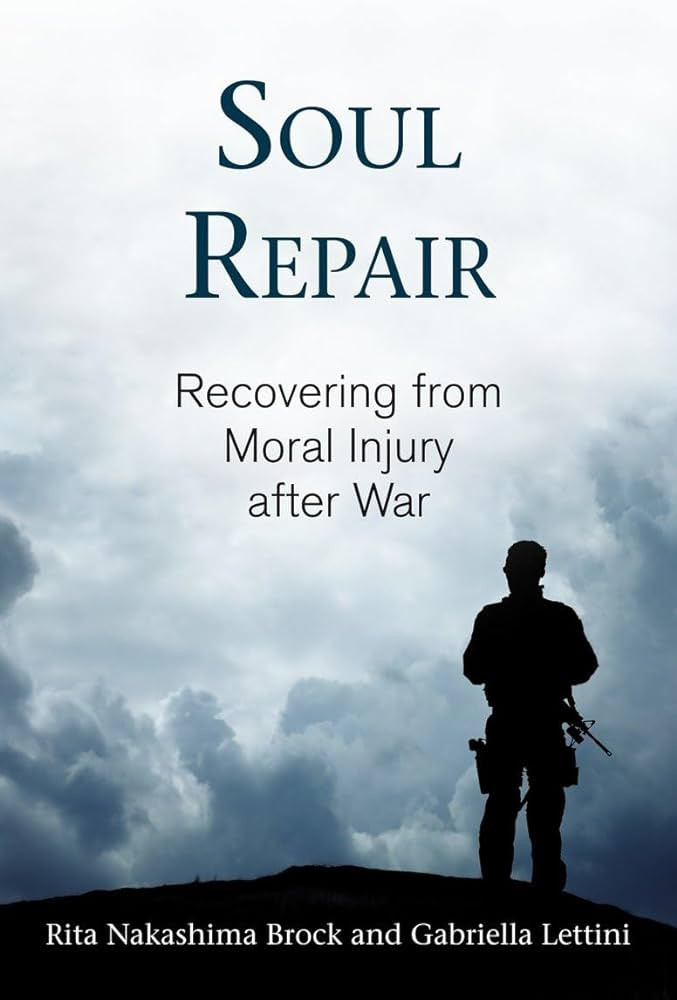
“Betrayal wrecks trust, profoundly disrupts identity, and destroys relationships,” says Rita Brock, co-author of Soul Repair: Recovering from Moral Injury after War, and the director of the US-based Shay Moral Injury Center. “It is also suspected of causing or aggravating post-traumatic stress symptoms—nightmares, intrusive memories, hypervigilance, irrational angers, and depression. Our healthcare workers are working to save people, but they have been betrayed by the government’s inadequate response.”
While healthcare workers can be confident that they are doing the right thing helping people afflicted by COVID-19, the knowledge that they are involved in a virtuous endeavour—as opposed to how many veterans now view the wars in Iraq and Afghanistan—can “actually make it even worse,” she tells me. “You know you are on a life-saving mission, and so you can’t fathom how the president doesn’t seem to get it in the same way.”
An estimated 11 to 20 percent of the 2.7 million American men and women who deployed to Iraq and Afghanistan have received a PTSD diagnosis linked to their service. The percentage of former service members coping with moral injury appears comparable, although experts warn that the prevailing emphasis on PTSD means moral injury can often go unrecognized and ignored. The potentially destructive and lethal impact of this complex mix is illustrated by the numbers of veterans who kill themselves. Between 2005 and 2017, a staggering 78,875 veterans took their own lives, according to Veterans Affairs, which estimates that 17 veterans commit suicide each day. The figures for UK veteran suicides are not known, though there is growing recognition of the scale of the problem. In 2019, General Lord Richard Dannatt, the former head of the army, said that too little is known about the number of veterans committing suicide and that not enough is being done to prevent it.
Both Brock and Palmer fear that some healthcare workers will take their own lives because of moral injuries experienced during the pandemic, having been crushed by the decisions they were forced to make, unrelenting grief, and fury and humiliation at the authorities who failed them. “Moral injuries are not inevitable, everyone in the profession needs to recognize that they are trying to do the least harm possible in a situation in which it is impossible to provide the highest-quality care to every patient in need,” Arthur Markman, a professor in the department of psychology at the University of Texas in Austin, tells me in an email. “Leaders of hospitals need to communicate with the people working for them that they are using their training to make the best possible decisions under horrible circumstances.”
Another significant factor in mitigating the psychological fallout for healthcare workers will be how society reacts once the epidemic subsides, Brock says. As everyone is busy getting back to normal, that will be when healthcare workers start processing and reflecting on their experiences. Brock notes an advantage that healthcare workers might have over veterans when facing any reckoning over their actions is how most people can more easily relate to healthcare workers and empathize with the dilemmas they faced. Already, throughout the world, healthcare workers are being applauded for their bravery and sacrifices.
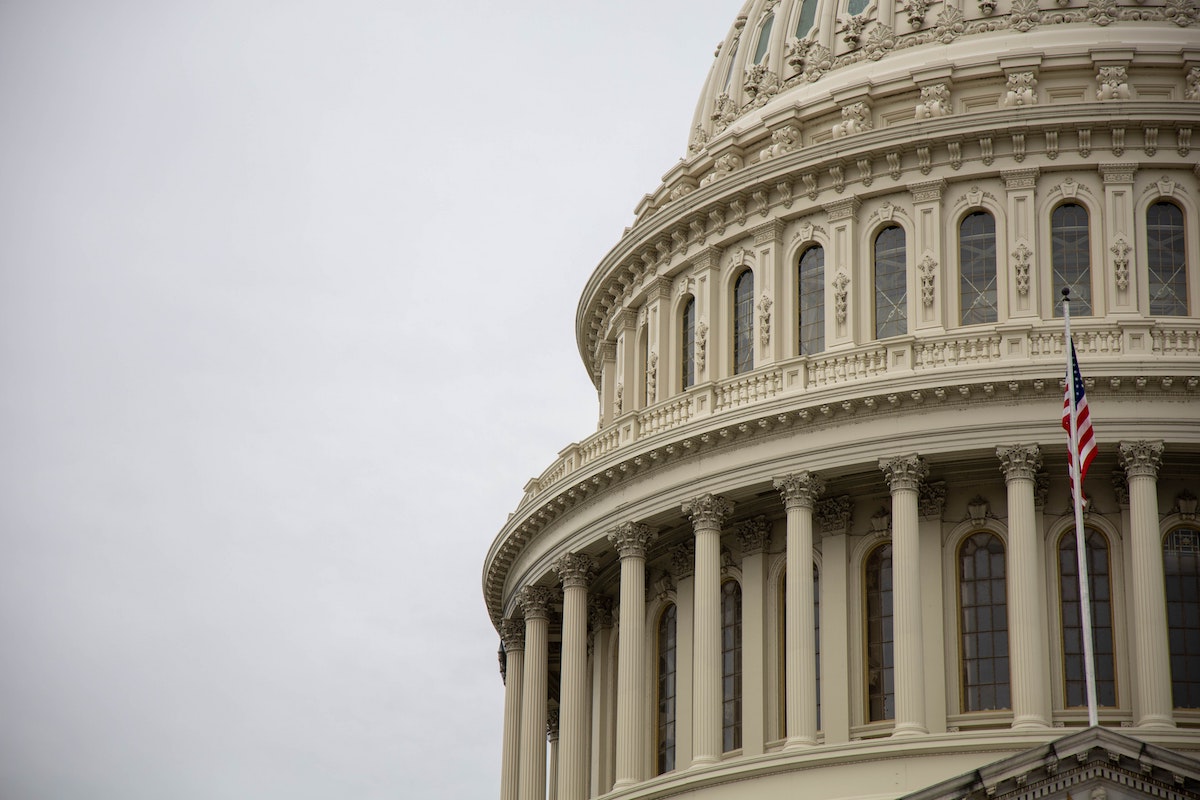
But Linehan cautions that he sees a parallel between this “lauding of healthcare workers” and the thank-you-for-your-service culture in America that can often prove so frustrating for many military and veterans. “One of the hardest things is being told you are a hero, yet feeling anything but a hero—it creates a disconnect,” Linehan tells me. “You are perceiving me as one thing, but I know I am the opposite: that’s at the root of why so many veterans feel alienated.”
Linehan also fears that some healthcare workers—especially those now moving around the US to help in COVID-19 hotspots before returning to their home communities—may encounter a problem familiar to those who returned from the Vietnam War and the military generations that followed them. These men and women returned to find a home that seemed irretrievably lost to them. “The COVID-19 outbreak is a traumatic event for everyone in society,” he says. “Many people won’t want to hear the messy stories of healthcare workers when it all calms down. People tend to want stories that can fit into a particular narrative, so they can move on. Those stories rarely tell the truth. Healthcare workers will just have to carry their memories isolated in the truth.”


